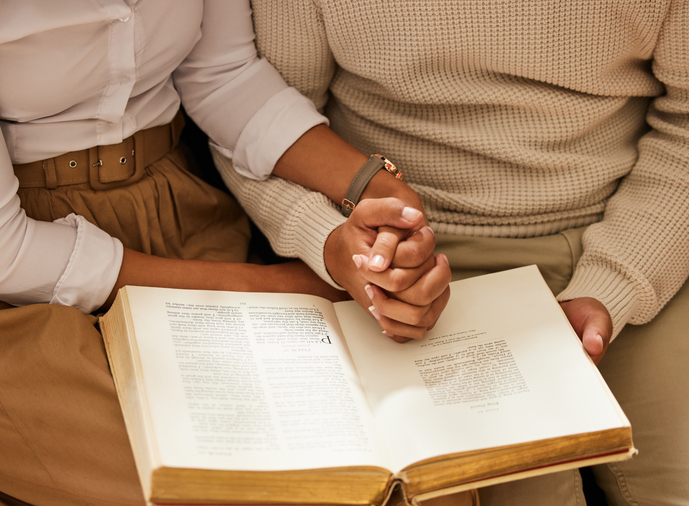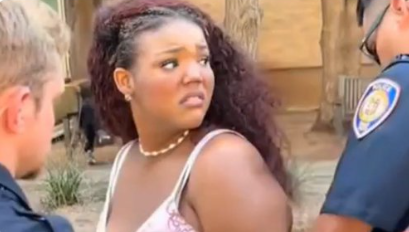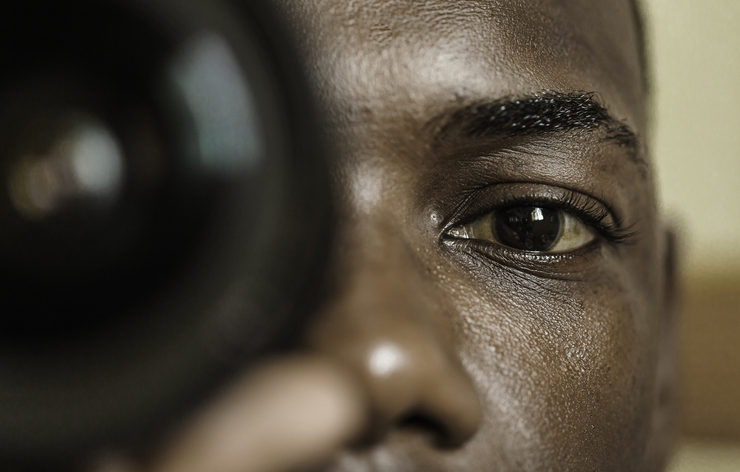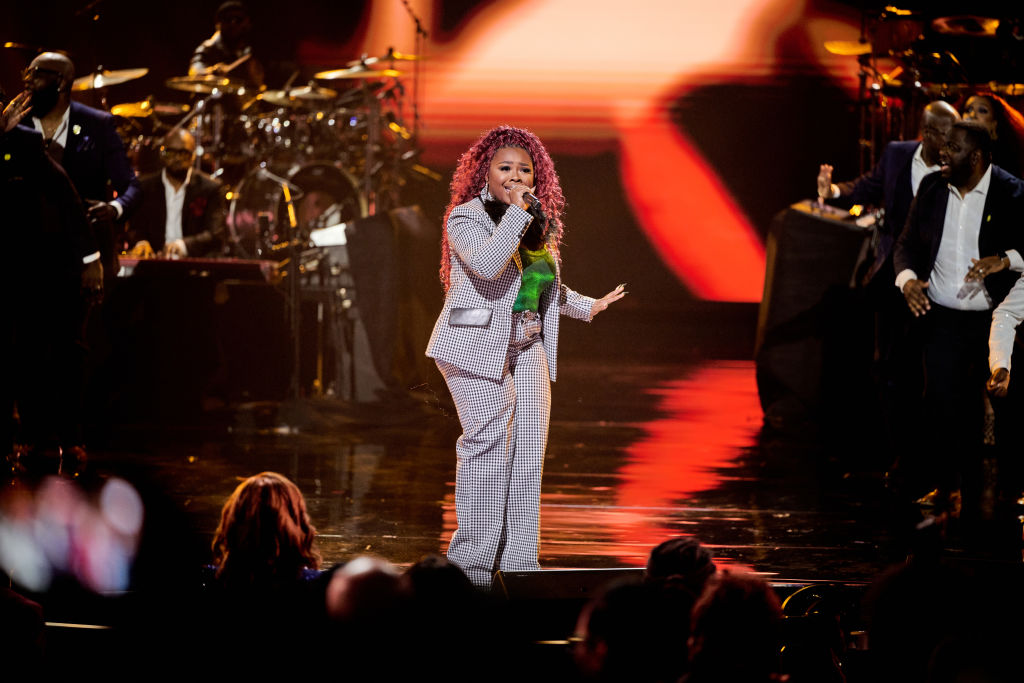Faith In The Time of Monsters Panel: First Church Seattle
Faith In The Time of Monsters: How Christians Are Reclaiming The Gospel From Nationalist Agendas

In these turbulent social and political times, holding on to faith can seem like a difficult task. How do we remain anchored in the Lord’s will while grappling with a climate shaped by the values of a right-wing administration, one that many argue embodies white nationalist principles? This question was at the heart of the Faith in the Time of Monsters symposium, a two-day event held at the First Church in Seattle on September 5th and 6th. Presented by Valley and Mountain United Methodist Church’s Center for Faith, Art, and Justice, and supported by several ecumenical co-sponsors, the symposium aimed to address the growing influence of right-wing Christian nationalism within our communities and faith traditions.
At the heart of this gathering was an urgent desire to challenge the harmful narratives that have taken root in today’s polarizing political and religious landscape. The symposium, which featured speakers from across the United States and the Global South, was not just an academic or theological exercise. It was a call to action, a commitment to organizing for justice, and an invitation to foster a deeper understanding of what it means to stand in opposition to a movement that many view as fundamentally at odds with the values of faith, compassion, and justice.
The Symposium: A day of reflection and action.
The first day of the symposium featured a series of panels designed to address urgent social issues. The panel on Rapid Response Organization focused on how communities of faith can respond effectively to the political and social challenges of the moment, particularly in the face of rising authoritarianism and white Christian nationalism.
One of the most poignant moments of the day came when Bishop Joseph Tolton, founder of Interconnected Justice, took the stage to lead the White Christian Nationalism Locally & Globally panel. This session addressed the ways in which Trump’s infamous MAGA movement has become a tool for enforcing a right-wing agenda that many view as a direct assault on the civil rights hard-won by previous generations. Bishop Tolton’s powerful words resonated deeply with the audience:
“The Civil Rights Movement birthed our modern-day democracy, an imperfect but sacred structure handed down as a gift, not only to this nation, but to the world, and now that gift is under siege.”
Bishop Tolton went on to critique the Trump administration for its systematic rollback of civil rights protections, particularly those that disproportionately affect communities of color. He highlighted the administration’s attacks on the 1965 Executive Order mandating Equal Employment Opportunities, the slashing of environmental protections in marginalized communities, and the gutting of agencies that supported minority- and women-owned businesses.
“This is no rogue presidency. Trump is merely the vehicle,” Bishop Tolton said. “The movement’s worldview rejects racial equity, pluralism, and literature; it weaponizes faith not as a force for compassion or collective uplift, but as a tool to justify exclusion, hierarchy, and control.”
These powerful words set the tone for the rest of the symposium. Bishop Tolton’s remarks were followed by renowned author and social activist Professor Obery M. Hendricks, who further examined the ethical challenges of today. Professor Hendricks, argued that concepts like righteousness and faith, which have traditionally been associated with justice and equality, have been weaponized under Trump’s administration.
The scholar challenged attendees to look inward and examine their own hearts. Drawing on the teachings of the Bible, he reminded the audience that the core message of Christianity—love and compassion—must guide our actions in the face of systemic injustice.
“Love your neighbor as yourself is the most important social concept in our faith,” he said.
Moving forward, what can be done?
The day concluded with a thought-provoking panel on What Can and Must Be Done led by Bishop Edward Donalson of Seattle University. During the panel, social impact strategist and wellness practitioner Vahisha Hasan addressed the audience with a call for action and renewal. Her message was clear: in these challenging times, we must tap into the power that God has made available to us.
“You need to seek new sources of inspiration,” Hasan urged. “Tap into the power and possibility that God made available. We are still here, whenever you are ready.”
This call for personal and collective renewal was a powerful reminder that faith, when rooted in justice and love, has the potential to transform not only individual lives but entire communities. As attendees reflected on the challenges facing the country, they were reminded of the importance of organizing, of staying engaged, and of holding fast to their faith amid these turbulent times.
The event culminated in a powerful community lecture by the legendary philosopher and activist Dr. Cornel West, who spoke on the evening of September 6th at Town Hall. Dr. West’s lecture highlighted the spiritual and moral crisis facing the nation, urging attendees to reflect on the responsibility of Christians in the face of growing oppression and injustice. The message of the symposium was clear: our faith is a powerful tool, and it is our duty to wield it in the service of justice, compassion, and truth.
DON’T MISS…












